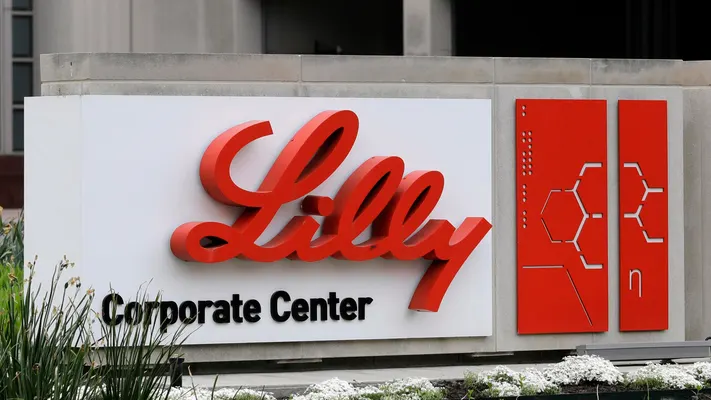European Medicines Agency Shakes Up Alzheimer’s Treatment Landscape with Rejection of Lilly’s Kisunla
In a decision that has sent shockwaves through the pharmaceutical world, the European Medicines Agency (EMA) has rejected the licensing of Lilly’s groundbreaking Alzheimer’s drug, Kisunla. This unexpected move has cast a shadow over the drug’s potential to revolutionize treatment for early Alzheimer’s disease in Europe, due to concerns over its safety profile.
Kisunla, a promising treatment that has already secured approval in major markets such as the United States, United Kingdom, Japan, and China, is administered through a monthly infusion. However, the EMA’s human medicines committee (CHMP) raised alarms about the drug’s association with potentially fatal brain swelling and bleeding, known as amyloid-related imaging abnormalities (ARIA).
Despite showing promise in clinical trials, where it slowed cognitive decline by an impressive 35 percent over 18 months compared to a placebo, Kisunla’s risks proved too significant for European regulators. The Phase 3 trial, involving 1,700 participants, reported three deaths linked to the treatment, compared to just one in the placebo group, a statistic that could not be overlooked.
Ilya Yuffa, executive vice president and president of Lilly International, expressed his disappointment, highlighting the urgent need for new treatment options for Europeans battling early symptomatic Alzheimer’s disease. “Today’s disappointing CHMP opinion means they must keep waiting,” Yuffa lamented, while reaffirming the company’s confidence in the drug’s safety and effectiveness.
This setback highlights the challenges faced by pharmaceutical companies pioneering new treatments for Alzheimer’s disease. Kisunla belongs to a novel class of drugs targeting amyloid plaques in the brain, a groundbreaking approach that has only seen one other approval in Europe—Eisai’s Leqembi. Interestingly, Leqembi initially faced rejection but was later approved for a restricted population after further evaluation.
Yuffa remains optimistic about the future, stating, “We hope that through the re-examination process, we will be able to continue our discussions with the agency to bring donanemab to the millions of people across Europe suffering from this relentless, fatal disease.”
As the debate over Kisunla’s risks and benefits continues, the decision underscores the complex landscape of Alzheimer’s treatment advancements and the stringent safety standards upheld by European regulators.









